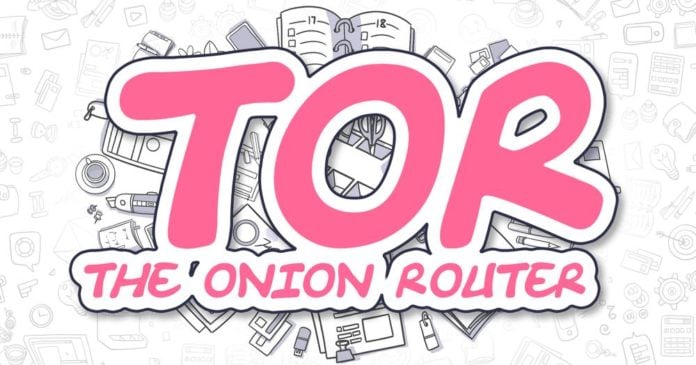
You’ve probably heard of Tor, the anonymous network that lets you anonymously browse both the “regular” and so-called “Dark web.” Most people first heard of it in “House of Cards” but has been around since 2002.
Tor lets users be anonymous online but, as that’s usually the case with all good things, it’s not perfect. And in this article, we want to demystify Tor and bring it closer to the average user, while also comparing it with VPN. Read on for details…
What’s Tor all about?
Tor is free and open-source software for enabling anonymous communication. Its name comes from the acronym of the original project name – “The Onion Router.” The “onion” is used to describe the protocol because of its peels; in that sense, Tor routes data through multiple layers (peels) of security before reaching its final destination.
Tor primarily protects you against “traffic analysis,” which can reveal your identity and location by monitoring the data at different points between the computer and the websites you visit. The following diagram from EFF illustrates how Tor works.

Everyone can use Tor with a free Tor browser, which will route all the traffic coming to and from your computer through randomly selected servers, called Tor nodes. From there, the request will be sent to several other servers (Tor nodes) before reaching its final destination. The same thing happens when data is passed back to you, assuring a high level of anonymity.
It is important to add that every node in the network only knows the IP address of the previous node and the IP of the next node. So it is impossible for any one server to know where the data originally came from and the final destination.
Top 5 Tor advantages
There are several reasons why Tor is so popular, including…
1. It can’t be shut down
The Tor network is run by a distributed network of volunteers, and it is extremely difficult for any government or organization to shut it down.
2. It’s anonymous
The routing method used by the Tor network does not reveal your IP address to the websites you visit.
3. It’s free
You don’t have to pay a single dime in order to use the Tor software and network. It’s completely free.
4. It can bypass geo-restrictions
Tor allows you to access geographically restricted websites and content.
5. It unlocks some sites
With a Tor browser, you get to access .onion sites which are impossible to open on other browsers. Mind you, these are not websites most people visit.
Top 5 Tor disadvantages
It’s not all great about Tor — here are a few things that we deem bad:
1. It could be slow
Compared to a VPN, Tor is slow. After all, the network is run by volunteers which have limited resources. In comparison, major VPN providers have put millions into building their networks.
2. It lacks accountability
Related to the previous point, because Tor nodes are run by volunteers – there is no accountability if something goes wrong. You get what you paid for.
3. It is possible to spy users on Tor
If you’re not using an HTTPS connection, the person/organization operating the exit node can spy on users — because by default, that traffic doesn’t get routed through an HTTPS connection.
4. Frequent usage can mark you for surveillance
Many Tor users are relying on the anonymity of the Tor network to solicit illegal operations. Because of that, frequent Tor use can mark you for surveillance.
5. You may want to stay away from the Dark Web
Visiting the earlier mentioned .onion sites can put you into trouble. Those websites tend to be visited by hackers and some real criminals, so you better know what you’re doing before visiting those sites.
Most users need a VPN instead of Tor
As far as the majority of users are concerned, they need a VPN rather than Tor. It will also protect their privacy while delivering faster download and upload speeds, unblocking geo-restricted content and so much more. Also, a VPN is easier to use — just start the app and you’re good to go — and can run on multiple platforms and devices.
Nevertheless, you can still use Tor in combination with VPN for an extra layer of security. We don’t think that’s necessary, but some people will find such setup appealing.
We suggest to everyone to start embracing his/her privacy by visiting our page with Top 5 VPNs. There you will find services that have been field-tested for years and which could be relied on for accessing Netflix and other streaming services, torrenting, anonymously browsing the web and so much more. As we like to say, it is time to regain your privacy!
